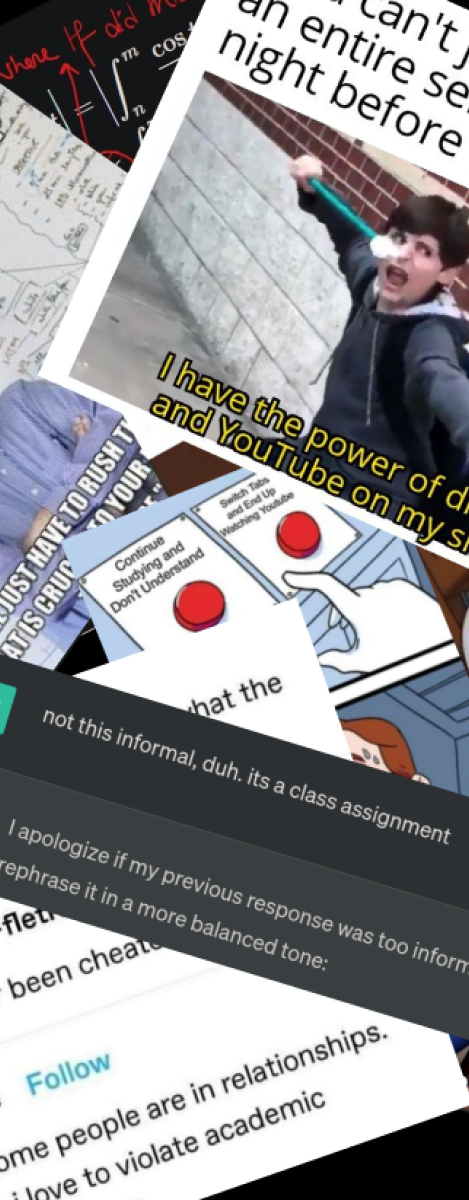In today's bustling world, where every minute is accounted for and every second is a race against time,
crash courses have become the latest trend. These expedited learning experiences have gained popularity,
promising knowledge at warp speed. But are crash courses the shortcut to brilliance or merely a scam?
Picture this : you wake up one fine morning with the sudden realisation that you need to master web designing
today. What do you do? Simple, you sign up for IS…, I mean, crash course; you sign up for some crash course, of
course! Because why spend years learning something when you can cram it all into a few sleepless nights, right?
Wrong! Welcome to the world of dummy-dum-dums.
The journey begins with the seemingly innocent desire to become an overnight expert. Crash courses, with their
tempting promises of quick expertise, attract individuals seeking a rapid gain of knowledge. But let's face it,
the only thing crashing harder than these courses is our hopes and dreams of becoming overnight geniuses. It's
like trying to learn brain surgery from a YouTube tutorial - sure, you might pick up a few tips and tricks, but
would you trust yourself to perform surgery on your pet (Kadamb) rats?
The allure is undeniable, but what lies beneath the surface is a realm of unrealistic expectations. The reality
often unfolds as a comedy of errors, leaving behind a trail of befuddled dummy-dum-dums. Learning becomes a race
against time, where deep understandings of the topic are sacrificed for a merely speedy surface-level knowledge.
The result? A workforce armed with certificates and resumes, but often clueless when faced with real-world
applications.
But it's not just the crash courses themselves that are to blame. Oh no, we can't let colleges and education off
the hook that easily. In their never-ending quest to churn out graduates faster than Indigo's fleet size gain,
colleges have embraced the crash course culture with open arms. Professors breeze through lectures at warp speed,
barely pausing to take a breath, let alone answer questions. It's like they're playing a game of academic hot
potato, and they're determined not to get beaten by their DSA counterparts.
And so, the burden falls on us students to pick up the slack. Spending endless nights scouring the depths of the
internet for nuggets of wisdom and praying to the ChatGPT and Google gods for divine intervention. But no matter
how hard we try, it's like trying to build a house with nothing but a pile of toothpicks and a roll of duct tape -
sure, you might make something vaguely resembling a shelter, but would you trust it to withstand a stiff breeze?
In this comedic saga, the joke is on the system itself. The very institutions meant to foster deep understanding
inadvertently contribute to the rise of surface-level scholars. The crash course, once a beacon of hope for time-
strapped learners, glamorises 'knowing a little about a lot', while the industry requires individuals 'knowing a
lot about a little'. The crash-and-learn mentality permeates higher education, creating a generation of graduates
with degrees but lacking in-depth knowledge.
In conclusion, the comedy of crash courses lies in their ability to produce a workforce of dummy-dum-dums,
individuals who may have certificates in hand but lack the knowledge that true expertise demands. As education
evolves, it's essential to strike a balance between efficiency and depth, ensuring that learners don't become
casualties of the crash-and-burn mentality. After all, in the pursuit of knowledge, slow and steady often wins
the race.
Crash Courses
0 Likes
By AviLOL
